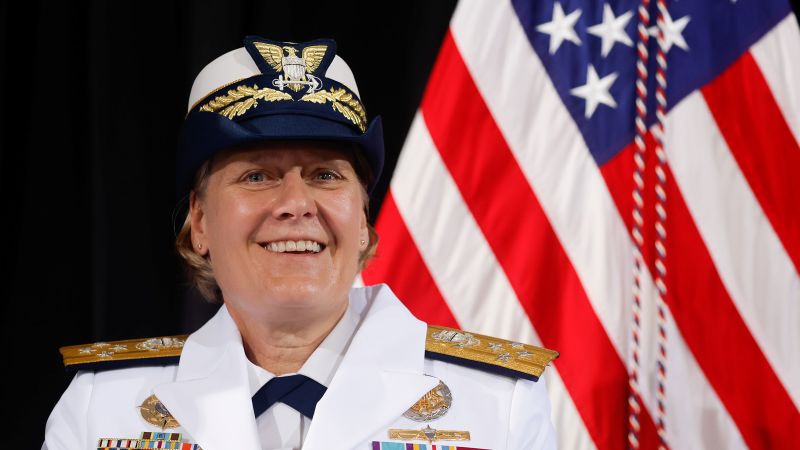Leadership Shake-Up: Coast Guard Commandant Ousted Amid Border Policy and Diversity Controversies

In a stunning leadership shake-up, Admiral Linda Fagan has been abruptly removed from her role as Commandant of the US Coast Guard following serious allegations of systemic leadership and operational shortcomings. A senior Department of Homeland Security official confirmed the decision to CNN on Tuesday, signaling a significant leadership transition within the maritime service.
The removal stems from critical assessments of Fagan's leadership, which reportedly revealed significant deficiencies in both strategic management and operational execution. While specific details remain confidential, the decision underscores the Department of Homeland Security's commitment to maintaining high standards of leadership and performance within its critical maritime security and rescue operations.
This unexpected leadership change is likely to send ripples through the Coast Guard's organizational structure and raise questions about the underlying issues that prompted such a decisive action. The Coast Guard, responsible for maritime law enforcement, search and rescue, and national defense, requires robust and effective leadership to fulfill its complex mission.

